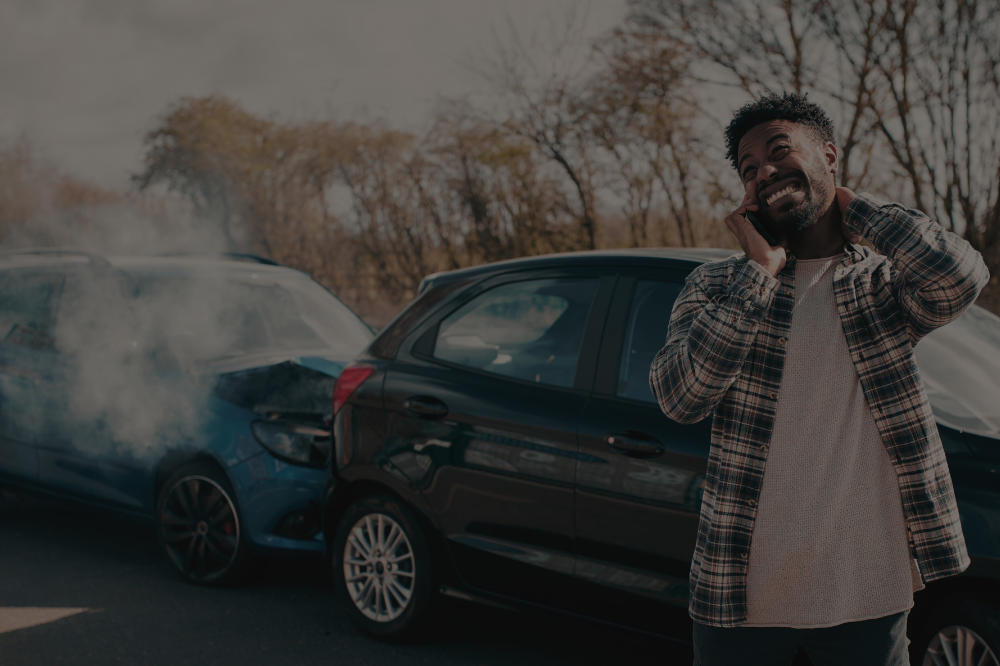Are you wondering whether or not you can drive without insurance? Find out the answer right now!
If you just bought a car or are planning on getting one, you have probably stumbled upon some questions regarding car insurance, such as whether or not you can drive without it. Well, that’s what we are going to answer today.
One thing to know is that it will depend on a few factors, including your state’s laws. So, let’s delve into all these aspects and explore your options. Also, if you want to check out more financial tips on our website, you can click on this link!
Can You Drive Without Insurance?
In nearly all states, driving a car on public roads requires having car insurance. There are some exceptions, but generally, operating a vehicle without insurance is illegal and it can have serious financial consequences.
On top of that, driving without insurance is a risky proposition. In the event of an accident, you could be held financially responsible for any damage or injuries you cause to others. Medical bills can cost tens of thousands of dollars, and property damage can be significant as well. Without insurance, you would be on the hook for these costs, which could lead to major debts.
What Happens If You Drive Without Insurance?
The penalties vary by state, but they can be severe. Here are some of the common consequences you could face:
- Fines: you can expect to be fined a significant amount of money, ranging from $50 to $5,000, for driving without insurance;
- License Suspension: your driver’s license could be suspended for a period of time and your vehicle impounded;
- Vehicle Registration Suspension: your vehicle registration could also be suspended, meaning you wouldn’t be able to legally drive your car;
- Jail Time: you could get jail time ranging anywhere from 10 days to a year;
- Increased Insurance Rates: if you are caught driving without insurance, you will likely have to pay higher rates for car insurance in the future;
- Difficulty Getting Car Insurance: in some cases, it may be difficult to obtain car insurance after being caught driving without it.
What Types of Car Insurance Coverage Are Required?
The specific types of car insurance coverage required by law vary from state to state. However, most states require some form of liability insurance, which covers bodily injury and property damage that you cause to others in an accident. In addition to it, some states also require other types of coverage, such as:
- Collision Insurance: this covers damage to your vehicle if you collide with another vehicle, an object, or an animal. Lenders typically require collision coverage if you have a car loan;
- Comprehensive Insurance: this protects your car against damage from non-collision events such as theft, fire, or natural disasters. Lenders usually require comprehensive coverage if you are financing your vehicle.
- Uninsured/Underinsured Motorist Insurance: this pays for injuries or property damage if you are hit by a driver who has insufficient or no insurance. Some states mandate this coverage;
- Medical Payments/Personal Injury Protection (PIP): medical payments coverage covers medical expenses for you and your passengers after an accident. In some states, PIP is available instead of medical payments coverage and may also cover lost wages and other accident-related costs. Your state might require you to have either medical payments coverage or PIP.
State-Specific Regulations
Here are some resources to help you find the specific requirements in your area:
- Your State’s Department of Motor Vehicles (DMV) Website: most DMV websites offer information on car insurance requirements, including minimum coverage and non-operational vehicle registration;
- National Association of Insurance Commissioners (NAIC): the NAIC website (https://content.naic.org/) provides an overview of car insurance regulations across different states.
Tips
- The minimum amount of liability insurance required by law may not be enough to cover all of your costs in the event of a serious accident. Consider purchasing more coverage than the minimum required.
- As your life circumstances change, your insurance needs may change as well. Be sure to review your coverage regularly and make adjustments as needed.
How to Get Car Insurance
- Shop Around: get quotes from multiple insurance companies to compare rates and coverage options;
- Consider Your Needs: think about how much coverage you need and how much you can afford to pay for premiums;
- Ask About Discounts: many insurance companies offer discounts for things like good driving records, taking defensive driving courses, and insuring multiple vehicles;
-
Select an Insurance Carrier and Purchase the Policy: after identifying the provider that offers the best value, you can complete a full application and buy the policy on their website. You will then have the option to print your proof of coverage or receive it by mail.

